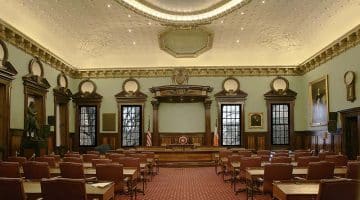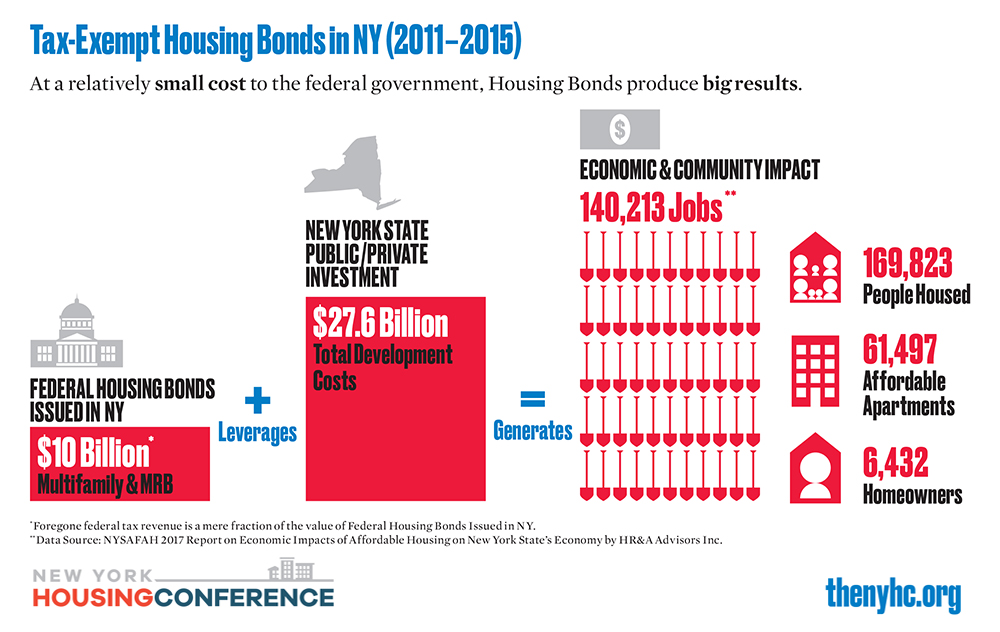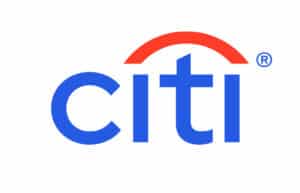
Former NYC Comptroller
Housing Positions and Proposals
- Unlocking Public Land: Transforming underutilized city-owned properties, like DOT garages and vacant lots, into affordable housing through fast-tracked audits and development
- Robin Hood Housing Plan: Reclaiming neglected properties from irresponsible landlords and converting them into affordable housing for families
- Revolving Loan Fund: $500 million fund to support MWBE and nonprofit developers in creating community-focused housing
- Revitalizing Public Housing: Securing $40 billion for critical NYCHA repairs and modernization, ensuring safe, livable homes for over 400,000 residents
Responses to NYHC Questionnaire
What are your priorities in an affordable housing plan – including rental and homeownership?
New York City’s capital funding for housing decreases from $4.3 billion in FY2026 to $2.4 billion in FY2027 or less the following years. What are your priorities for the ten-year capital plan in terms of how much funding will you allocate annually? How will you pay for it?
I have designed my Mitchell-Lama 2.0 Plan to build the next generation of affordable housing, tackling New York City’s affordability crisis head-on, and employing practical strategies that build on the historic success of the original program. I will deliver stability, opportunity, and dignity to all New Yorkers through these four transformative pillars:
1. Unlock Public Land: Transform thousands of vacant and underutilized city-owned properties into affordable housing developments that address the diverse needs of New Yorkers.
2. Hold Bad Landlords Accountable: Under the Robin Hood Housing Plan, take action against negligent landlords, reclaiming mismanaged properties to ensure housing works for New Yorkers—not slumlords.
3. Empower & Fund Neighborhood-Focused Housing Projects: Launch a new $500 million Revolving Loan Fund to equip nonprofits and MWBEs with the resources to create community-driven, neighborhood-focused housing projects.
4. Revitalize NYCHA: Secure a critical $40B initial investment to repair and modernize public housing, providing safe, livable homes for more than 400,000 residents while strengthening protections for renters.
We cannot afford to cut back on funding for housing. We will fund these initiatives by leveraging federal and state dollars, tapping into infrastructure grants, resilience funds, and public housing allocations in an effort to alleviate the burden on taxpayers. I will partner with developers to ensure that at least 50% of new units developed serve low- to middle-income families. This isn’t a far-off vision – it’s an approach that’s necessary to build a city where every family, home, and neighborhood can thrive.
New York City’s public housing is chronically underfunded. NYCHA currently needs $78 billion in capital funding to bring housing up to good repair. What will you do to address the needs of NYCHA?
Do you support the PACT program?
Do you support the Public Housing Preservation Trust?
Instead of relying on programs like PACT, which has a mixed track record, I will fight to secure the $40 billion in funding needed to fully repair and modernize NYCHA housing. My plan includes tenant-led oversight, eliminating hazardous conditions, and fast-tracking repairs to ensure safe, stable, and affordable public housing for all NYCHA residents.
My housing plan unlocks funding and puts these improvements under the purview of the city government, allowing local control and input from residents to ensure individual needs are being met rather than having the improvements be governed by Albany. My administration will partner with local leaders and community non-profits, and will prioritize the needs of residents and sustainable growth in each neighborhood.
Homelessness in New York City is higher per capita than almost anywhere in the country and has been growing substantially. In New York City, more than 140,000 people experienced homelessness last year, a 78% increase from five years ago. What specific strategies and programs will your administration use to decrease homelessness?
Do you support expansion of CityFHEPS?
Yes I support the expansion of CityFHEPS and my administration will establish a series of housing-first initiatives designed to provide stable housing paired with comprehensive services to reduce homelessness and promote long-term well-being. Chronic homelessness undermines public order and intensifies mental health and substance abuse problems. In conjunction with my Mitchell-Lama 2.0 plan, we will convert vacant city-owned properties into supportive housing and expand rapid rehousing programs for individuals and families. We must prioritize developing mixed-use neighborhoods that combine affordable housing with essential community resources to meet New Yorkers where they are and provide a compassionate response for folks as they navigate homelessness and the mental health crisis. These initiatives will reduce homelessness, reduce recidivism, and break the cycle by providing comprehensive support and allowing individuals to regain stability and self-sufficiency.
The CityFHEPS program is an essential aspect of providing New Yorkers with the stability they need to become self-sufficient once again. A key aspect of meeting New Yorkers wherever they are is giving them options in regard to the support they receive. We must expand CityFHEPS if we have any hope of sustainably ending the homelessness crisis.
In 2024, the City passed the City of Yes for Housing Opportunity to add more housing in every neighborhood. This will add 80,000 units of housing over the next 15 years. What will you do to allow for more housing supply and more equitable housing development in New York City?
How will you utilize zoning tools to address the crisis?
Will you support existing or new real estate tax incentives like 485-x?
The “City of Yes” initiative is a minimalist proposal, but it is a step in the right direction – it aims to modernize outdated zoning rules and create housing, but it doesn’t go far enough to address the affordability crisis. Zoning reform alone won’t solve our housing problems unless we ensure that new development prioritizes working-class and low-income New Yorkers, not just market-rate units.
My housing plan prioritizes empowering community developers and projects led by non-profits to ensure support housing designed to meet neighborhood needs, preserving affordability and culture. We will establish a Revolving Loan Fund with an initial investment of $500 million, create new tax incentives, and support existing ones to fast-track the development of locally focused housing projects. We will encourage modern construction methods, like modular housing, to lower costs and speed up timelines without sacrificing quality. The city is long overdue for rezoning; it is time for every neighborhood to step up and contribute to alleviating the housing crisis.
I will work with the City Council and community organizations to push for housing solutions that truly serve the needs of working New Yorkers. Our housing crisis is urgent, and we need leadership that can deliver results, not just rhetoric.
Do you support the State’s rent stabilization laws, and will you seek any changes?
What will be your priorities in appointing members of the Rent Guidelines Board?
I started my career as a community organizer, standing alongside Mitchell-Lama residents as they fought to protect their homes from being sold to private developers. As the city comptroller, I was a staunch advocate for strengthening rent stabilization laws to protect affordable housing and tenants’ rights. I advocated for “Home Rule” over rent laws because local control would better address the city’s unique housing needs. I voiced support for ending vacancy decontrol and repealing vacancy bonuses in 2018, and I supported the passing of comprehensive rent reform bills in 2019. I will always champion rent stabilization laws that protect our residents and ensure New Yorkers can stay in the city. My administration will create tenant oversight committees to monitor repair and construction progress, ensure transparency, and hold NYCHA accountable for quality standards. Tenants know their buildings best; they need a seat at the table.
In selecting who I will appoint to the rent guidelines board, I will prioritize experts with deep knowledge of New York City housing focused on maintaining safe and livable housing for all New York residents.. My shortlist of candidates are all committed to swift reform and will be able to support my administration as we set out to accomplish my ambitious goal of rethinking our city’s housing system.









